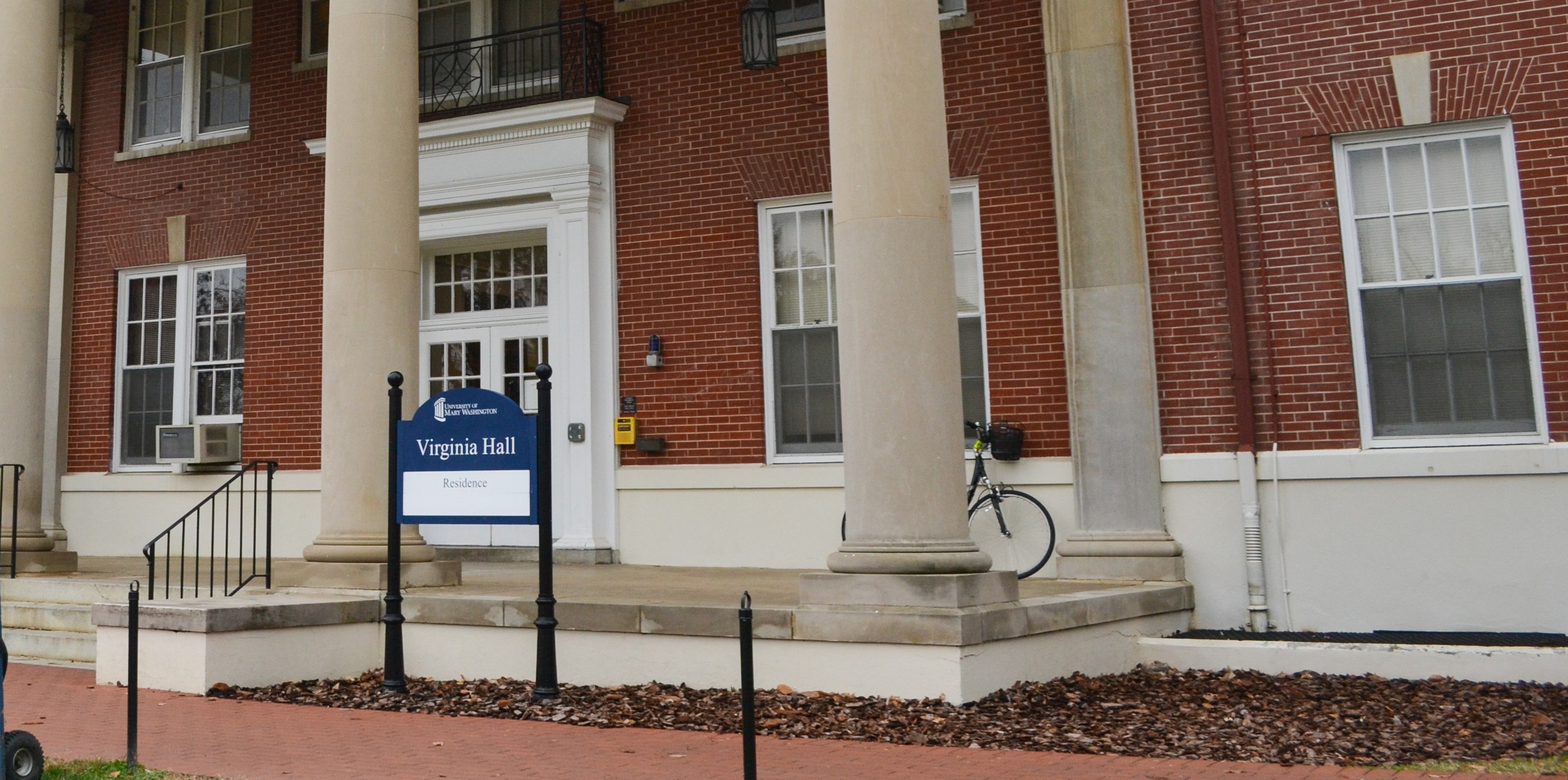New living situation brings benefits, challenges to UMW freshmen
4 min read
The Blue & Gray Press
By RACHEL MANNING
New to the University of Mary Washington in 2015, freshmen are required to live with their Freshman Seminar, FSEM, classmates. The living arrangement is similar to the Living Learning Communities, LLCs, except that students were able to opt-out of an LLC. With this new program, each student must be assigned to a FSEM housing group.
“It doesn’t sound like a pleasant living situation,” said junior and computer science major Brian Will. “I wouldn’t want to be stuck all year with people I can’t specifically pick out.” Interestingly, however, freshmen seem to really like living with their FSEM peers, despite the fact that they did not get to choose each other individually.
“[This new program] helps me meet people, make friends, and form study groups,” said freshman Matt Rowlett. “It’s especially helpful if we have more than one class together, because then we can help each other in other areas.”
Collaborating amongst each other seems to be one of this year’s freshmen’s favorite things about living with their FSEM groups.
Freshman and UMW club baseball member, Andrew Zimmerman said, “It’s a good opportunity to get a lot of work done, since we’re working on the same things and can guide each other.” In fact, peer collaboration was a direct goal for this program, according to Associate Provost Tim O’Donnell.
“It’s all about navigating this really critical first year seminar course together all while forming a community that is different and diverse,” O’Donnell said. Another goal was to help students succeed beyond their FSEM class, according to Chris Porter, director of Residence Life and Commuter Students.
“There are data to suggest that students who live in [this type of ] situation get better connected to the university, tend to persist to graduation, and are overall better equipped to handle the transition to college life,” Porter said.
With this information in mind, the administration set out to gradually improve retention rates with new programs.
The process of creating a better first year experience began in 2007 when FSEMs were first established. Since then, the administration has constantly been thinking of what steps to take to further improve retention rates.
A few of these steps included extending the role of FSEM professors to act as academic advisors specifically for their FSEM students, and increasing the involvement of orientation leaders in freshmen orientation. The new living situation is the most recent step in this long process to help students achieve and stay in the university.
“Retention has been a challenge for us recently,” O’Donnell said. “We want to be an institution that 85 percent to 90 percent of students come back to after their first year. We’ve historically been just below that in the mid 80 percent, but we’ve seen some slippage recently. We were at about 78 percent last year.” Despite the recent slippage, though, the university’s retention rates are still above those of many other institutions across Virginia.
It is unclear at this point whether UMW is making good progress toward that lofty goal. There will not be any solid evidence until next October when UMW takes its census, which is developed by the Office of Institutional Research. It takes a while to process the data, so as of right now, the only evidence of this new program’s success is anecdotal.
“We’ll certainly do some checking-in with the students about their experience in the spring semester,” Porter said. In the meantime, the administrators always appreciate feedback and are willing to listen to what students have to say about their living situations.
While collaboration is key, one complaint that seems to remain common is the lack of diversity in these living groups. This is particularly noticeable to freshman Nycie Harvey, who feels that the groups could benefit from different types of people. “I don’t like seeing the same people. […] I prefer diversity,” said Nycie Harvey. “If I could improve something it would be more diversity.”
Freshman Brandon Martin, added another disadvantage to the living arrangements, saying that it can be difficult to avoid a strained relationship between a housemate if you also attend class with them.
“If you don’t get along with someone, it’s awkward because you have to see that person at home and in class,” Martin said. But, despite the odd complaint, the feedback seems to be overwhelmingly positive.
“We learn from everything we do,” Porter said. “We build programs based on theory and research and data and then we see how it goes and then we tweak it. Certainly we will continue to work with this program and I guarantee it’s not going to look the same in the future. Every year we’ll learn something and we’ll work to make it better.”
It is the University’s goal to make its students’ first year as successful as it can be so that students stick around and finish their education in a timely manner. While the recent developments seem to be liked by students, whether they are truly effective in the realms of retention and improvement in academic achievement will is yet become apparent.


